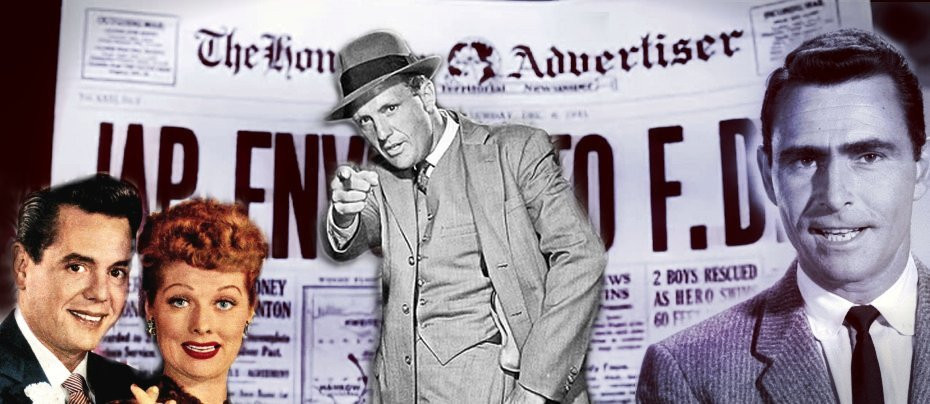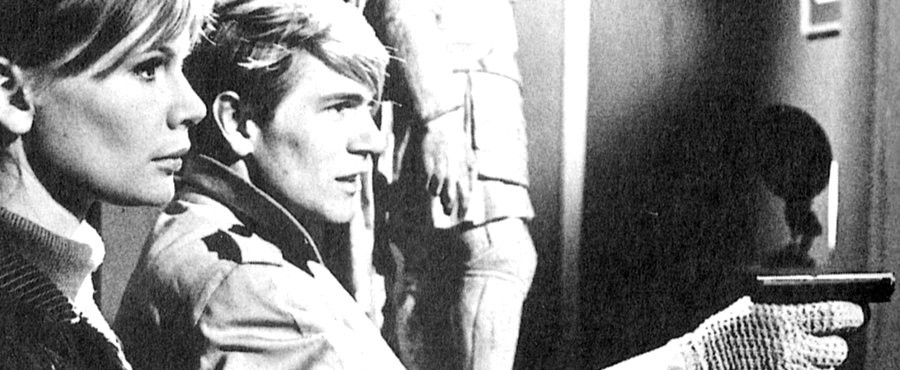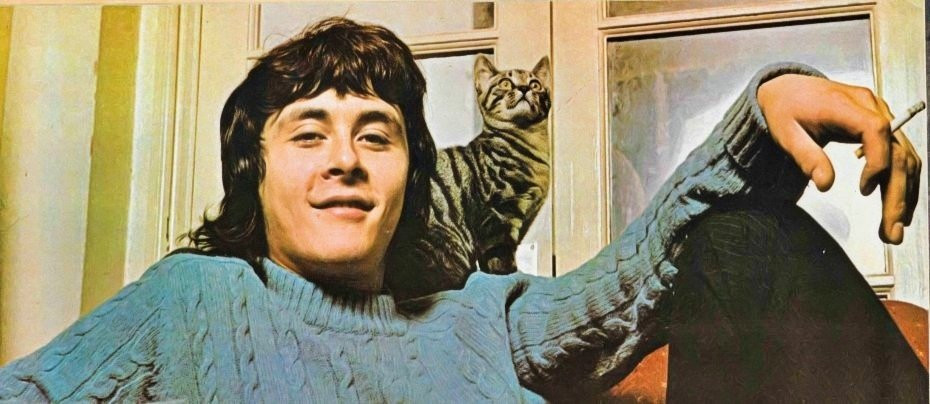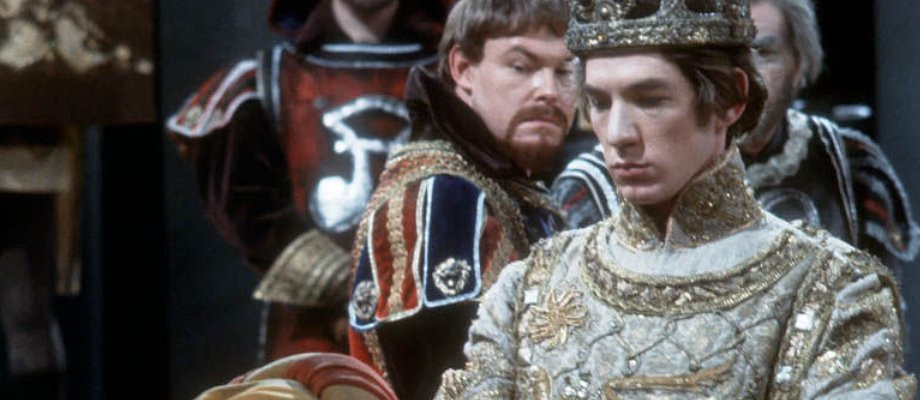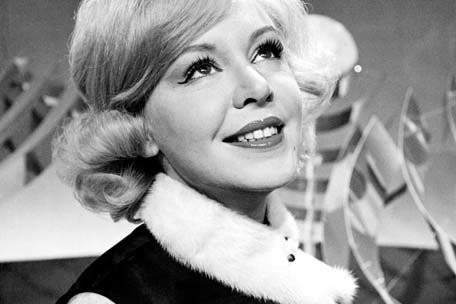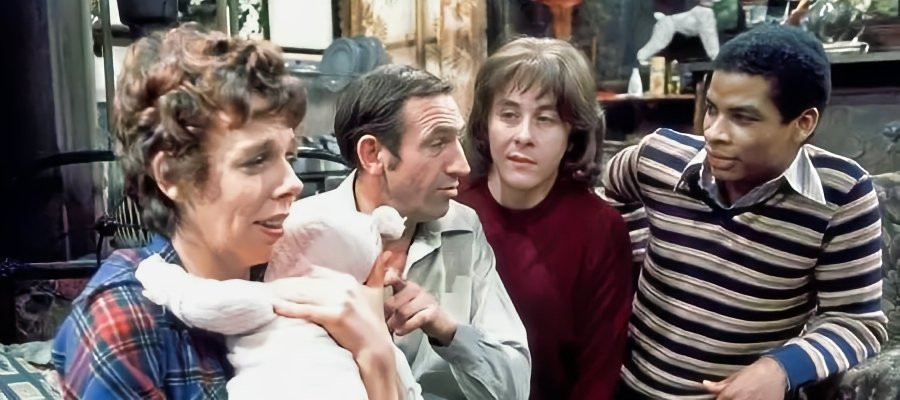
The Wednesday Play
1964 - United KingdomNow regarded as a shining light of British television's golden age, The Wednesday Play is often held up as the perfect example of the impact that television had on a generation of viewers, and just how much that impact has diminished in more recent years.
The series was created at the behest of Sydney Newman, the head of BBC Drama, in an attempt to save the one-off play from extinction on the BBC's premier channel in the light of poor ratings and a 1964 BBC Audience Research Department survey, which reported that the corporation's stock was at its lowest for eight years, due in no small part to 'the relative unpopularity of the plays'.
Newman had already scored outstanding success on ATV with Armchair Theatre and changed the face of the televised drama in the UK. "At the time, I found this country to be somewhat class-ridden." Newman recalled in an interview. "The only legitimate theatre was of the 'anyone for tennis' variety, which, on the whole, presented a condescending view of working-class people."
In September 1963 Newman had launched First Night, a series of new plays written especially for television. Alun Owen's 'The Strain' and Simon Raven's 'The Scapegoat' were among the notable dramas produced. Then in spring 1964, Newman, who had been in the process of restructuring the BBC's drama department, appointed Scots director James MacTaggart as producer of the new BBC-1 play slot. MacTaggart's previous work on earlier experimental play strands, Storyboard (1961) and Teletale (1963) had impressed Newman greatly, and he was the type of person that the drama chief would put his trust in.
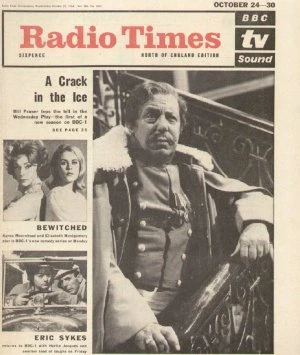
Newman's brief was for a series of plays that would be relevant to the lives of a mainstream popular audience, using the talents of fresh new writers to television. The first Wednesday Play premiered on 28 October 1964 with 'A Crack in the Ice' by Nikolai Leskov, shortly after which MacTaggart appointed as his story editor a young writer and actor who he had worked with on Teletale: Roger Smith. It was the first script commissioned for MacTaggart and Smith in January 1965 that set the tone for what would follow.

Written by a convicted murderer (James O'Connor), 'A Tap on the Shoulder' was representative of the series as a whole as it broke the convention of TV plays as the audience had been used to seeing them. Where these plays were different was in their presentation as documentaries rather than straight dramas. Directors like Ken Loach, Jack Gold and others extended the scope of these productions by taking the drama out into the streets, away from the traditional studio artificiality, and thereby presenting the audience with a much starker realism that at times made them question if what they were watching was fact or fiction.
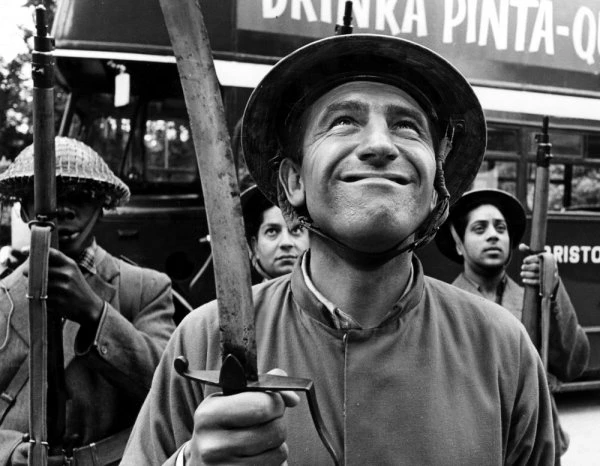
Among the presentations were first time outings for authors such as Dennis Potter, John Hopkins, David Mercer, Jeremy Sandford, David Rudkin, Jim Allen, Tony Parker, Nell Dunn, and Colin Welland. The result was a series that had even greater impact than Armchair Theatre, with some Wednesday Play presentations going down in television history as some of the very best examples of the genre. Among these were Dennis Potter's 'Stand Up, Nigel Barton' and 'Vote, Vote, Vote for Nigel Barton' (1965), taking a wry look at politics; 'Up the Junction' (1965), Nell Dunn's vivid observation of working-class life in a south London community; 'Cathy Come Home' (1966), Jeremy Sandford's disturbing story about the inadequacy of the welfare system in Britain; 'The Lump' by Jim Allen (1967) about a bricklayer by trade, revolutionary by vocation and David Mercer's moving study of a schizophrenic young woman, 'In Two Minds' (1967).

The plays courted controversy from the outset and became the target for 'Clean-Up TV' campaigner Mary Whitehouse, a move that simply boosted publicity and ratings as audience figures rose from one to eight million.
The Wednesday Play continued until the end of the decade producing a succession of memorable and sometimes shocking dramas. Interviewed years later, Sydney Newman attributed its success to James MacTaggart. "'The Wednesday Play' was the most popular single play series after 'Armchair Theatre.'" He said. "But what people forget is that it took me two bad years before it became a success. I simply changed the title of the series every year. Every time I had that single play slot on the BBC I gave the producers the same terms I followed on 'Armchair Theatre:' to dramatise the turning points in England today in the most dynamic way possible; murder, mysteries, comedies - every genre of drama possible to illuminate the country.
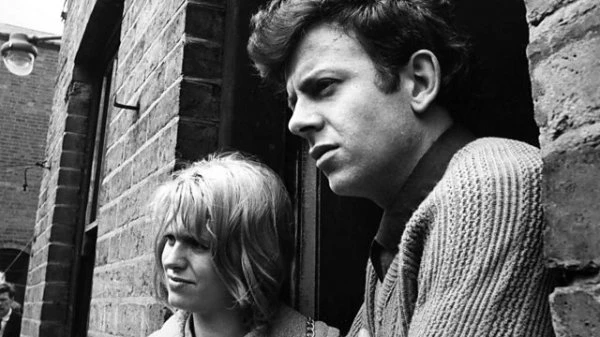
“The first year the guy botched it up to such an extent that those above wanted to kill the single play. The second year I gave it to someone else and he too messed it up and I had to fight like hell to keep it on the air. It wasn't until I found the right guy - Jimmy MacTaggart - that it was called 'The Wednesday Play' and it took off because we had the right dynamic and the other producers didn't. It was his show. I described what I wanted and he interpreted it his own way and did a great job. The producer is the spark-plug - if the show's no good get rid of the producer or tell the producer to change the show."

But by the end of the decade it seems that the audience was growing tired of the stark realism depicted in these plays and accordingly viewing figures began to drop off. Newman's successor as Head of Drama, Shaun Sutton, attempted to save the series by shifting its emphasis and renaming it Play for Today. It was a wise move. Play for Today turned out to be, for the next fourteen years, another hugely successful series for the BBC, cementing its reputation for single dramas of the highest quality.
Seen this show? How do you rate it?
Seen this show? How do you rate it?
Published on March 1st, 2020. Written by Laurence Marcus for Television Heaven.


